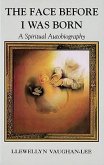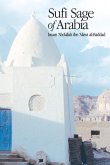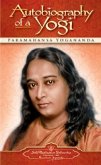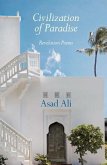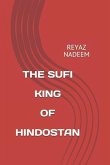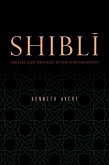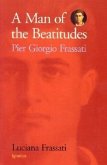Ibn 'Ajiba, an 18th-century Moroccan saint in the Darqawi Sufi lineage, wrote his fahrasa or autobiography not for the pleasure of talking about himself, but "to celebrate God's kindness" by informing others of the graces bestowed on him. This account details Ibn 'Ajiba's travels in search of both secular and spiritual knowledge, his entrance on a Sufi path strongly based within the Islamic tradition and the social, intellectual and spiritual struggles that such a search entailed. He spent time in prison and time in ecstacy. He tells his tale with humility and a sense of humor and the story manages to be at the same time practical (details of how much he paid to workmen to build a house or advice to his followers on how to consumate their marriages) and spiritual (explaining the subtleties of mystical experience and how the esoteric way is superior to the exoteric). His zeal for both intellectual learning and the devotional path are apparent on every page. Long unavailable to Western readers, this new English translation is based on the French version by Jean-Louis Michon, a longtime scholar of Islamic culture and traditional ideas in the North African country where Ibn 'Ajiba lived and taught.
![Autobiography of a Moroccan Sufi: Ahmad Ibn 'Ajiba [1747 - 1809] - Ajiba, Ibn Autobiography of a Moroccan Sufi: Ahmad Ibn 'Ajiba [1747 - 1809] - Ajiba, Ibn](https://bilder.buecher.de/produkte/22/22010/22010111n.jpg)
